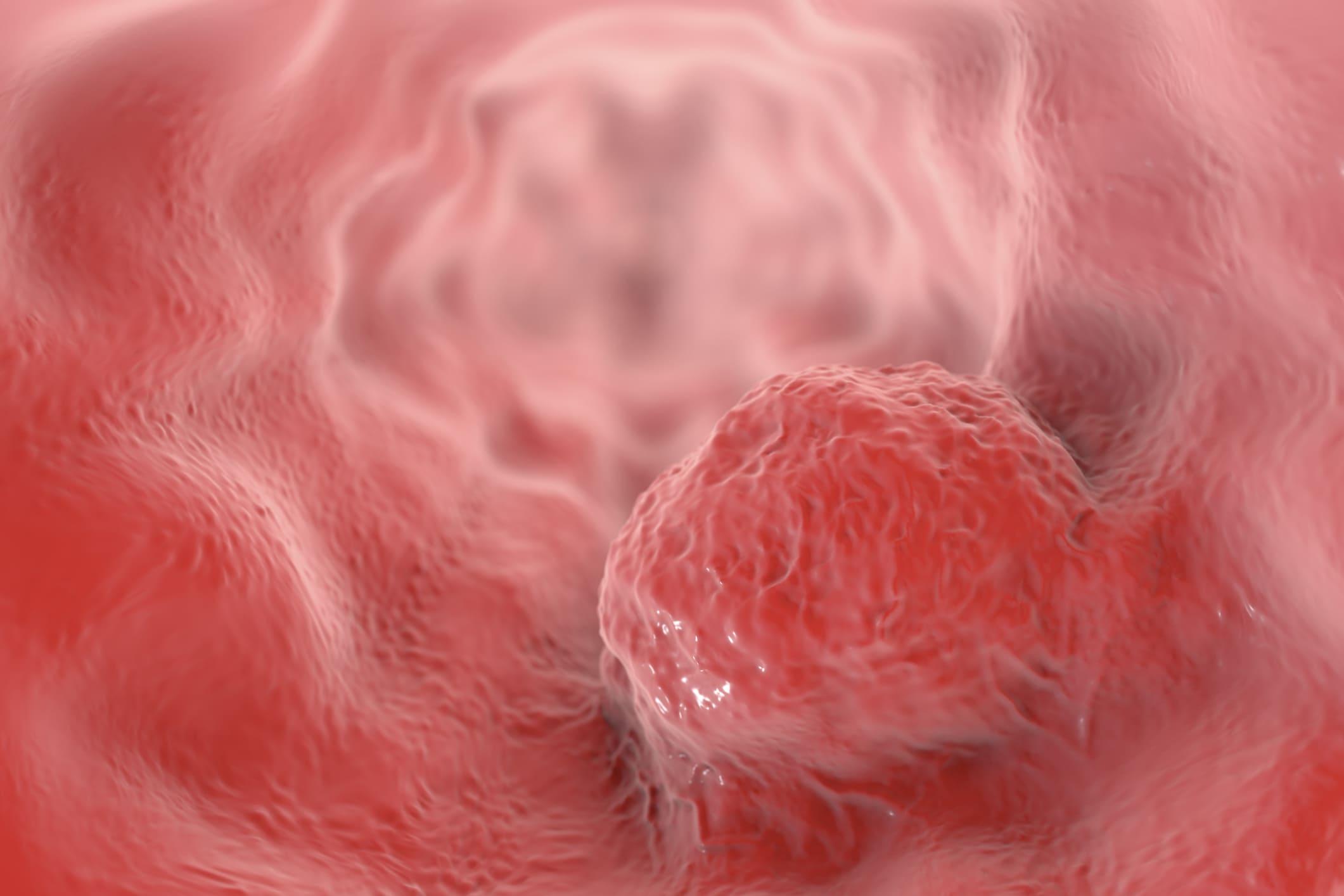KEY TAKEAWAYS
- The phase 3 study did a 36-month follow-up on determining the efficacy of Nadofaragene Firadenovec in BCG-unresponsive NMIBC With CIS.
- Nadofaragene firadenovec, given every three months, showed lasting efficacy in BCG-unresponsive NMIBC, offering a favorable risk-benefit profile.
Patients with BCG-unresponsive non-muscle invasive bladder cancer face high risks of recurrence and progression, demanding effective bladder-preserving treatments.
FDA-approved nadofaragene firadenovec, a gene therapy delivering human interferon alfa-2b, achieved a 53.4% complete response in CIS±Ta/T1 patients at three months in its Phase 3 study. At the 24-month mark, 36.4% of these patients remained recurrence-free.
Researchers conducted a 36-month follow-up on the Phase 3 study data for the same patient cohort. A total of 107 patients with BCG-unresponsive NMIBC with CIS±Ta/T1 were enrolled. The efficacy analysis focused on 103 patients meeting the protocol’s definition of BCG-unresponsive NMIBC.
These patients received nadofaragene firadenovec (3×1011 viral particles/mL), administered once every 3 months for a maximum of 4 doses. The protocol necessitated a 5-site biopsy at 12 months, offering continued treatment to patients with high-grade recurrence at the investigator’s discretion.
The entire cohort was followed up for an average of 42.1 (12.6) months (All patients had passed 36 months at the data cutoff on 09 September 2021). Of 107 patients, 13 (12.1%) received 36 months of treatment.
At the 36-month mark, 14 out of 55 patients (25.5%) who achieved a complete response at 3 months still showed high-grade recurrence. Their probability of sustaining a complete response for at least 12, 24, and 36 months was 46.5%, 36.6%, and 34.2%, respectively.
In the overall CIS±Ta/T1 cohort (N=103), the estimated median duration of survival without high-grade recurrence was 6.0 (95% CI: 3.4, 8.3) months. The probability of survival without high-grade recurrence for at least 12 months was 30.1% (95% CI: 21.5, 39.2).
Adverse events led to treatment discontinuation in two patients (1.9%), while four patients (3.9%) progressed to muscle-invasive disease. Cystectomy-free survival at 36 months was estimated at 53.8% (95% CI: 43.3, 63.1), and the three-year overall survival stood at 90.4% (95% CI: 82.3, 94.9).
Nadofaragene firadenovec, given every three months, showed prolonged response durability in patients with BCG-unresponsive CIS±Ta/T1 papillary disease, providing a promising treatment choice for BCG-unresponsive NMIBC with a positive risk-benefit ratio.
Source: https://suo-abstracts.secure-platform.com/a/gallery/rounds/18/details/2938
Clinical Trial:https://www.clinicaltrials.gov/study/NCT02773849
Boorjian SA, Narayan VM, Konety BR, et al. Efficacy of Intravesical Nadofaragene Firadenovec-vncg for Patients With Bacillus Calmette-Guérin-Unresponsive Carcinoma In Situ of the Bladder: 36-Month Follow-Up From a Phase 3 Trial. Presented at: 2023 Society of Urologic Oncology Annual Meeting. November 28 – December 1, 2023; Washington, DC. Abstract 164.



